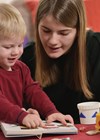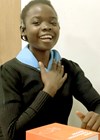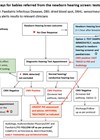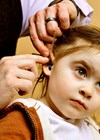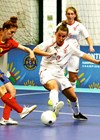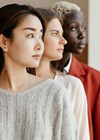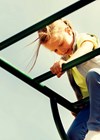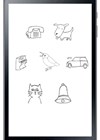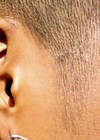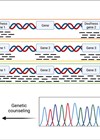Audiology features
In conversation with Sam Lear, BAA President: leading audiology forward
Dr Samantha Lear is the current British Academy of Audiology President, and Senior Audiology Policy Advisor at the National Deaf Children’s Society. With reviews ongoing in paediatric audiology in England and Scotland, Sam is ideally placed to lead the profession....
Hyperacusis and autism spectrum disorder
Several different auditory deficits have been found to be co-morbidities of ASD. This article reviews literature with respect to the relationship between hyperacusis and ASD. Autism spectrum disorder (ASD) can be characterised as a neurodevelopmental condition that is marked by...
Deafness impact on child development
Deafness can affect multiple aspects of a child’s development. This article explores these impacts and underscores the vital role audiologists play in early intervention. As an audiologist, learning and understanding the impact of deafness on a child’s development was an...
Hear Glue Ear - affordable bone conduction and microphone kits
Glue ear is a very common problem in children. This article explores a simple and affordable solution to help overcome some of the challenges it can cause. Background Glue ear (also known as otitis media with effusion – OME) is...
Early detection pathways for congenital cytomegalovirus for infants referred from the newborn hearing screen
This article discusses requirements for an early congenital cytomegalovirus (cCMV) detection pathway to ensure children do not miss out on the opportunity for timely diagnosis and treatment. The pathways described are currently in use in England and apply to well...
Effective and profitable provision of paediatric audiology care in the private sector
Similar to other specialty areas of hearing healthcare, paediatric audiology is a potential net loss for a private-sector, for-profit, business. Given the time-intensive needs of patients with cochlear implants, tinnitus and those who are under the age of 18 years...
Be who you needed when you were younger
Trainee audiologist, deaf England futsal player and deaf advocate Zara Musker discusses finding her own deaf identity: “It’s part of me but not all of me”. Am I an audiologist? A deaf England futsal player? An advocate for deaf individuals?...
Implicit bias in audiology and wider healthcare
What is implicit bias and how might it affect patient outcomes in hearing healthcare? Yovina Khiroya provides insight into the terminology and the effect on people and service delivery. As much as possible within healthcare, we try to reduce implicit...
Current update on vestibular and balance disorders in children
Vestibular and balance disorders in children with hearing loss often go unrecognised. This article describes the significant impact such disorders have on the various aspects of children’s development. Vestibular and balance disorders occur in the paediatric population but can go...
Hearing screening during childhood using speech and sounds in noise
Although there is high prevalence of late-onset, progressive, and acquired hearing losses during childhood, these hearing losses can easily go undetected due to the lack of systematic hearing screening beyond newborn hearing screening. In this article, the authors share the...
EEG as a measure of neuroplasticity in children
Measuring changes in neural activity can teach us a lot about hearing loss and the effect of gained functional hearing. In this article, the authors describe how electroencephalography (EEG) is being used to effectively measure such changes in children with...
What you need to know about recent advances in genetics of hearing loss in the newborn
Identifying the underlying genetic cause of hearing loss in newborns can improve dramatically the early diagnosis and appropriate intervention. Hearing loss is the most common sensory disorder at birth, affecting approximately two out of 1000 newborns [1]. Congenital impaired hearing...




